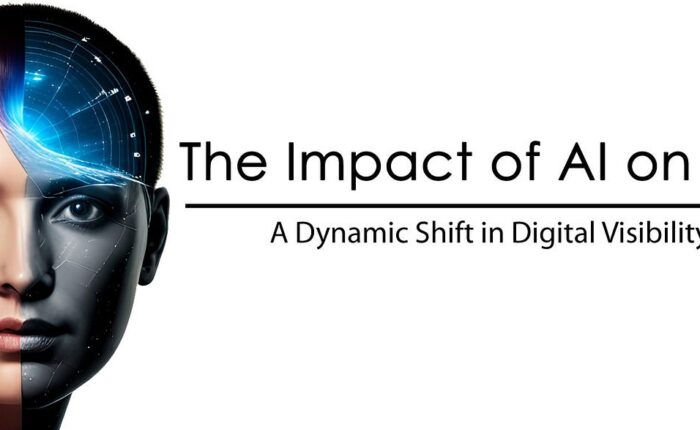Digital marketing is not static, and AI integration has altered that. From Natural Language Processing and machine learning algorithms to advanced data analytics and automation, search engine optimization (SEO) has incorporated AI in almost every possible way.
AI Case for enhancing SEO
Advocates of AI within SEO claim several possible advantages that could change your approach to search engine optimization forever. The merits include:
- Better user experience: Thanks to the advent of AI marketers now have a better understanding of what users want and how they behave hence on different platforms providing tailored experiences. Through a number of touchpoints outcomes, marketers can use Al to design websites which personalize based on each individual’s navigation preferences as well as content delivery requirements.
- Efficient keyword research: Manual keyword research methods can be time-consuming and prone to human error. On the other hand, advertisers can utilize the latest AI-powered tools that quickly analyze huge datasets looking for patterns or identifying relevant long-tail / niche keywords that were previously neglected thereby giving them an advantage over their competitors when it comes to targeting specific groups.
- Predictive analytics: AI algorithms are used in predicting future trends and user behavior from historical data patterns.
- Automation and scalability: AI is useful in facilitating automation of various sections of the Search Engine Land as regards carrying out website audits, growing links and optimizing content in such a manner that meager resources can be directed to top level planning and execution activities.
AI case against disrupting SEO

As much as there are several potential advantages with regards to artificial intelligence (AI), some critics have raised valid concerns about this new technology. Some of these flaws are as follows:
- Overdependence on automation: As the number of SEO activities being automated by AI continues to increase, it is important to make sure that you do not go too far from optimizing websites yet still maintaining a human feel that resonates well with the audience. Over-automation leads to a robotic feel that takes away the genuineness and brand voice of content.
- Privacy and data security risks: A majority of SEO tools powered by AI rely heavily on user data like browsing patterns, search histories, as well as personal information. Privacy thus becomes an issue while demanding strong protective measures concerning data security since users’ privacy should always be maintained from any form of abuse involving sensitive information.
- Increased competition and complexity: As time passes by, new strategies will keep emerging using AI technology to increase their visibility hence there will be more intense online competition in this industry when it comes to ranking higher. These issues might make SEO strategies complex thereby making it difficult for small enterprises or any other group who may not afford advanced AI knowledge.
- Dependency on outside sources: Therefore, most companies have become dependent on external vendors who offer SEO tools and services which are driven by artificial intelligence leading vendor lock-in.
Conclusion
How AI affects SEO is contingent upon how companies decide to deploy this formidable technology. Those who take a well-rounded strategic attitude by merging AI capability with creativity-centric ethical practices will benefit in instances where much emphasis is given to the creation of exceptional end-user experiences that foster sustainable growth throughout any dynamic digital landscape.

